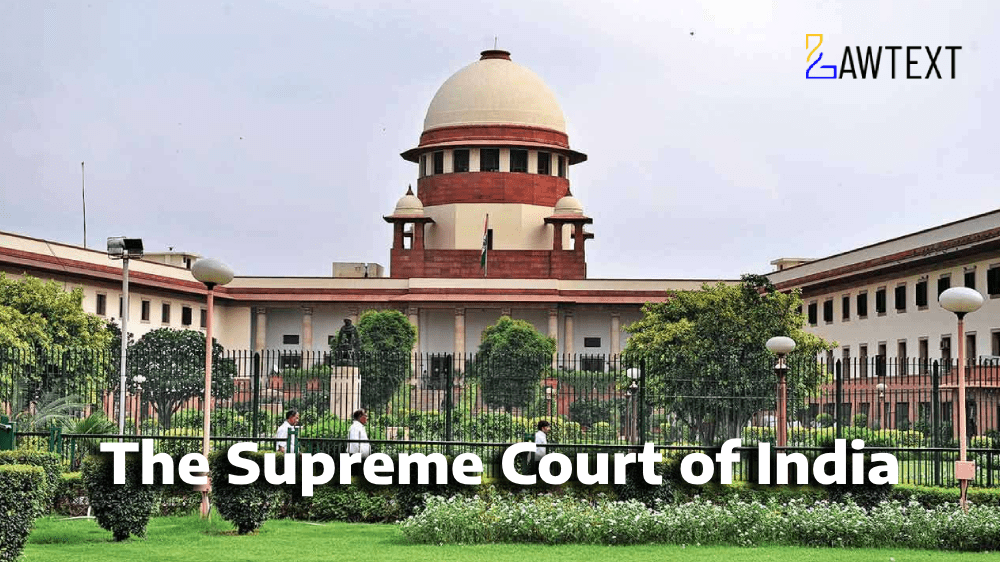CASE NOTE & SUMMARY
The Supreme Court of India, in a suo motu writ petition, reviewed the acquittal of an accused by the Calcutta High Court in a case under the Protection of Children from Sexual Offences (POCSO) Act. The High Court had acquitted the accused, citing the ongoing consensual relationship between the minor victim and the accused, as well as the desire of both parties to cohabit. The Supreme Court critically evaluated the High Court’s judgment, emphasizing the importance of adhering to legal standards when considering adolescents' rights to privacy, especially in cases involving sexual offenses.
-
Introduction
- The case arose from the State of West Bengal's appeal against the Calcutta High Court's acquittal of an accused under the POCSO Act. The victim was a 14-year-old girl who had a child with the accused.
-
Factual Background
- Details of the case, including the initial conviction by the Special Judge under the POCSO Act and the High Court's subsequent acquittal based on the consensual nature of the relationship and the victim’s wish to remain with the accused.
-
Legal Provisions Discussed
- Analysis of relevant sections of the POCSO Act and the Indian Penal Code (IPC), particularly regarding the age of consent and the definition of aggravated penetrative sexual assault.
-
High Court’s Judgment
- The High Court’s reasoning for acquitting the accused, including observations on the evolving nature of adolescent relationships and the application of a rights-based approach.
-
Supreme Court’s Critique
- The Supreme Court's critical examination of the High Court's judgment, focusing on the need for judgments to be concise, legally sound, and free from personal opinions or sociological commentary.
-
Objectionable Portions of the High Court’s Judgment
- Reproduction of specific excerpts from the High Court’s judgment that the Supreme Court found objectionable, including commentary on adolescent behavior and rights.
-
Conclusion
- The Supreme Court's emphasis on adhering to legal frameworks in cases involving minors, while also acknowledging the complexities of adolescent privacy rights in the context of sexual relationships. The Court's final decision on the appeal is yet to be provided.
Citation: 2024 LawText (SC) (8) 205
Case Number: SUO MOTU WRIT PETITION (C) NO. 3 OF 2023 with CRIMINAL APPEAL NO.1451 OF 2024
Date of Decision: 2024-08-20
Case Title: IN RE: RIGHT TO PRIVACY OF ADOLESCENTS
Before Judge: (Abhay S. Oka J. , Ujjal Bhuyan J. )

